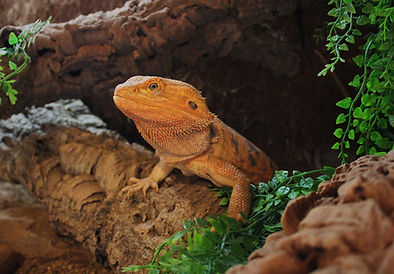Our
Animals
Mammals
Mammals have hair, warm blood, give birth to live young (generally!) and the offspring drink milk.
You can find some seriously strange mammals here at Cedars Nature Centre, here are a few of our favourites below...
-
Meerkats - One of the most popular animals in the world! You can meet our mob and even feed them every day at 10.45am and 4pm.
-
Lesser hedgehog tenrec - Discover this amazing group of mammals, they may look like hedgehogs but are in fact more closely related to elephants!
-
Skunk - Meet our amazing skunks, Wallace and the cheeky Polo. Contrary to popular belief skunks only smell if they spray! You can find our more at our daily skunk meet and gre at 1pm.
-
Zorilla - We are one of only two zoos in all of Europe with these unusual smelly creatures!
-
3 Banded armadillo - We are very successful with our armadillos having 1-2 babies born each year. These amazing animals have an extremely strong shell which they use to protect themselves by rolling into a ball!

Reptiles
Reptiles have dry scaly skin, are cold blooded and lay their eggs on land (generally!)
You can find 3 main reptile groups here at Cedars Nature Centre, here are a few of our favourites below...
-
Burmese Python - Kendra is our largest animal being 14feet long and weighing around 8 stone! She is a gentle giant however and we rescued her from a tiny enclosure in someone's living room many years ago to live out her life in much larger surroundings at Cedars Nature Centre!
-
Pancake Tortoises - These critically endangered tortoises have not been squashed but have evolved to be flat enough to squeeze in between rocks and escape predators. They are probably the fastest tortoise on the planet!
-
Bearded Dragon - These are the most commonly kept pet reptile in the world. All of ours are rescues and are used in our education team. You can find them in the tropical house and they are a favourite with the children!
Birds
Birds have feathers, warm blood and lay hard shelled eggs.
From our beautiful white faced owls to the noisy kookaburras find out more about our birds below...
-
Burrowing Owl - Burrowing owls are a very small owl with a big character! They live throughout the Americas and nest in underground burrows! See if you can spot our girls popping in and out of their burrow or even sunbathing on their favourite perch!
-
Laughing Kookaburra - Known as the bushman's clock these Australian birds can be extremely loud! You can find out more about them at our daily kookaburra talk at 3.15pm!


Fish
Fish are cold blooded, have gills, live in water and are generally covered in a protective layer of scales.
You dont have to get wet to to see our fish!
Find out more about our fish below...
-
Goldfish and carp - You can find our colourful goldfish and carp in our pond. Keep an eye out for Percy our common carp as he likes to make an appearance during the daily fish feed at 11.30am.
-
Rummy Nosed Tetra - This beautiful fish is found in the black waters of South America In the wild and has a striking bright red face!
-
Bristlenosed catfish - See if you can spot our bristle nosed catfish hiding amongst the plants. These are found in South America in the wild but are commonly kept in the pet trade. Ours helps to keep the fish tank lovely and clean!

Invertebrates
Every single Invertebrate has only two things in common, they do not have a back bone (Vertebrae) and are cold blooded.
From giant stick insects and giant snails to scorpions and tarantulas, we keep lots of interesting invertebrates at Cedars Nature Centre. Here are a few of our favourites below...
-
Black beauty stick insect - These stick insects look like they are made from velvet. They are Critically endangered in the wild and are only found in a 12 acre area of the Peru!
-
Lao forest scorpion - This tropical scorpion may look fierce but in fact only has a mild venom, instead the claws are used to hold on to their prey and overpower it!
-
Chilean rose tarantula- These are one of the most commonly kept tarantulas in the world! Its probably down to their very calm behaviour and beautiful rose coloured throax!
